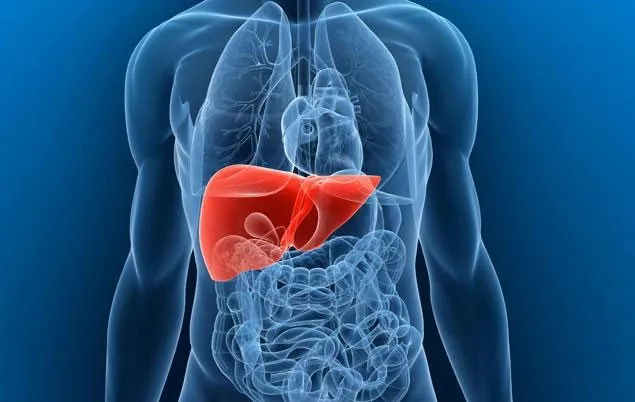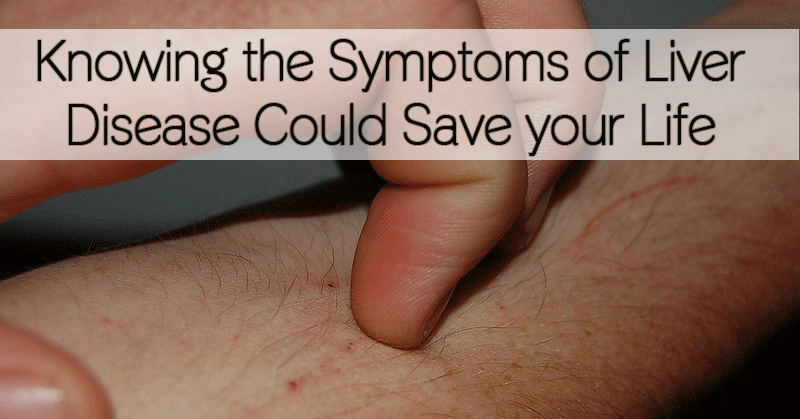Definition
Hepatic affections include a wide variety of liver diseases. The liver is just below the rib cage on the right side of the abdomen. Without liver we could not digest food, absorb nutrients and detoxifies the body we could not practically we could not live without liver.

Liver disease can be inherited or acquired as a result of exposure to chemicals and viruses. Some liver diseases are temporary and heal by themselves, while others can last for long periods of time and can lead to complications powerful appearance.
Symptoms
Signs and symptoms of liver problems include:
- Change the color of the skin and whites of the eyes that turn a yellowish tint (jaundice);
- Abdominal pain and increase in abdomen;
- Itching of the skin that do not respond to treatment;
- Urine darkens;
- The seat has a whitish or on the contrary, is black as crude oil;
- Chronic fatigue;
- Lack of appetite;
- The feeling of nausea.

source pinterest.com
When to consult a doctor?!
The doctor should be consulted whenever you have signs and symptoms mentioned above. It is advisable to seek medical help without delay whenever you have severe abdominal pain.
CAUSES
Hepatic affections include:
- Acute liver failure;
- Alcoholic hepatitis;
- Deficiency of alpha-1 antitrypsin;
- Autoimmune hepatitis;
- Obstruction of bile ducts;
- Chronic liver failure;
- Cirrhosis;
- Hepatomegaly (enlargement of the liver);
- Gilbert's syndrome;
- Hemochromatosis;
- Hepatitis A;
- Hepatitis B;
- Hepatitis C;
- Hepatitis D;
- Hepatitis E;
- Benign liver;
- Cyst of the liver;
- Cancer hapatic;
- Hepatic hemangioma;
- Hyperplasia nodular length (nodule liver);
- Fatty liver non-alcoholic;
- Parasitic infections;
- Portal vein thrombosis;
- Primary biliary cirrhosis;
- Hepatitis toxic;
- Wilson's disease (affecting congenital copper metabolism);
Risk Factors
Factors that may increase the risk of developing liver problems include:
- The exercise of a profession which by its nature involves exposure to body fluids;
- Making blood transfusion era before disposable needles;
- Certain supplements or products ;
- Making piercings;
- Diabetes;
- The administration of certain drugs;
- Excessive consumption of alcohol;
- Elevated levels of triglycerides in the blood;
- Intravenous drug use and / or reuse of needles;
- Obesity;
- Tattoos;
- Unprotected sex;
- Working with toxic chemicals without observing specific rules of labor protection.
Preparation of the medical consultation
Since the duration is limited medical consultation, you should be prepared for consultation. Here is some information that can be helpful in preparing medical consultation:
- When progamarea do well to ask if it is somehow necessary to not eat prior consultation;
- Write a list of all the symptoms, including even those that they do not seem to be related to the current issue;
- Pass on the list of all the medicines you are taking, including dietary supplements - if applicable;
- Go accompanied by a family member, if possible, because it is often difficult to assimilate all the information that your doctor provides you an in a consultation. The accompanying you can also get your attention if you forgot to relationship issues relevant to medical conditions;
- Pass a list of all the questions that you would like to ask the doctor. The duration of the consultation is limited, so preparing this list of questions can help you optimize the time spent in the doctor's office.
It is suggested that you questions in descending order of priorities; here are some important questions in the case of liver problems:
- What caused the onset liver?
- What research or blood tests should be done?
- The disease is acute liver is temporary or is a chronic disease?
- Liver disease receiving treatment?
- What events could decrease in intensity caused by liver disease?
- Avoid drinking alcohol?
- It is necessary consult a specialist?
- There informative materials related to this condition, materials that could be taken home and consulted?
- When is the next scheduled medical checkup?
Besides these questions prepared in advance, you should not hesitate if you feel the need to ask any question about any ambiguities that may arise during the physician.
Diagnosis of liver disease
Analyzes and investigations used in the diagnosis of liver disease include:
1. Blood tests
A set of blood tests called liver tests help diagnose liver disease. Sometimes all blood tests are those that draw attention to the existence of genetically transmitted diseases or problems specific liver;
2.Imagistic investigation
Some procedures can make virtual images of the liver and can help establish a correct diagnosis in liver disease. Such investigations are computed tomography (CT), ultrasound or magnetic resonance imaging (MRI).
3. Histopathology
Following extraction can be done in small amounts liver tissue in a procedure called a liver biopsy. The latter is achieved using a long needle inserted through the abdominal wall. Tissue fragments obtained are then sent to the laboratory for examination histopathology.
Therapeutic Methods
Treatment depends largely on the diagnosis. Some liver disease may not require medication. In other cases may require surgical intervention. The last alternative is liver transplantation, which is indicated for diseases that can cause liver failure.
Preventing liver disease
The occurrence of liver diseases can be prevented by protecting the liver.
Here are some recommendations:
- Avoid heavy drinking. Limit alcohol to no more than one drink per day for women or two for men;
- Avoid risky behaviors. Ask for help if you use intravenous drugs. Do not use needles that have been used by others. Make safe sex. Choose carefully if you want to make your salon a tattoo or an earring to ask yourself;
- Make the necessary vaccines. If you are at risk of hepatitis or do you already been infected with either hepatitis ask your doctor about the opportunity to be vaccinated against hepatitis A or B;
- Do not abuse drugs. Do not exceed recommended doses and avoid self-medication by a doctor. Do not mix drugs with alcohol;
- Avoid contact with biological secretions of others. Hepatitis can be spread by contaminated needles or infected secretions; It can spread through the sharing tools Shaving tools or oral hygiene (toothbrush);
- Do not inhale insecticides or other chemicals. Use a mask when using spray against bugs or you use paint or organic solvents;
- Cover your skin when using different insecticides or other chemicals; wear gloves, long sleeves, hats and goggles;
- Adopt a healthy diet. Opt for a diet based on plants, fruits and vegetables; limit consumption of foods high in fat;
- Maintain constant weight. Obesity can cause non-alcoholic fatty liver, a condition that can lead over time to hepatitis and cirrhosis.

Bibliography
- Francis Mahoney- Update on Diagnosis, Management, and Prevention of Hepatitis Virus Infection
- Borundel Corneliu- Internal Medicine
- Guyton and Hall Textbook of Medical Physiology.